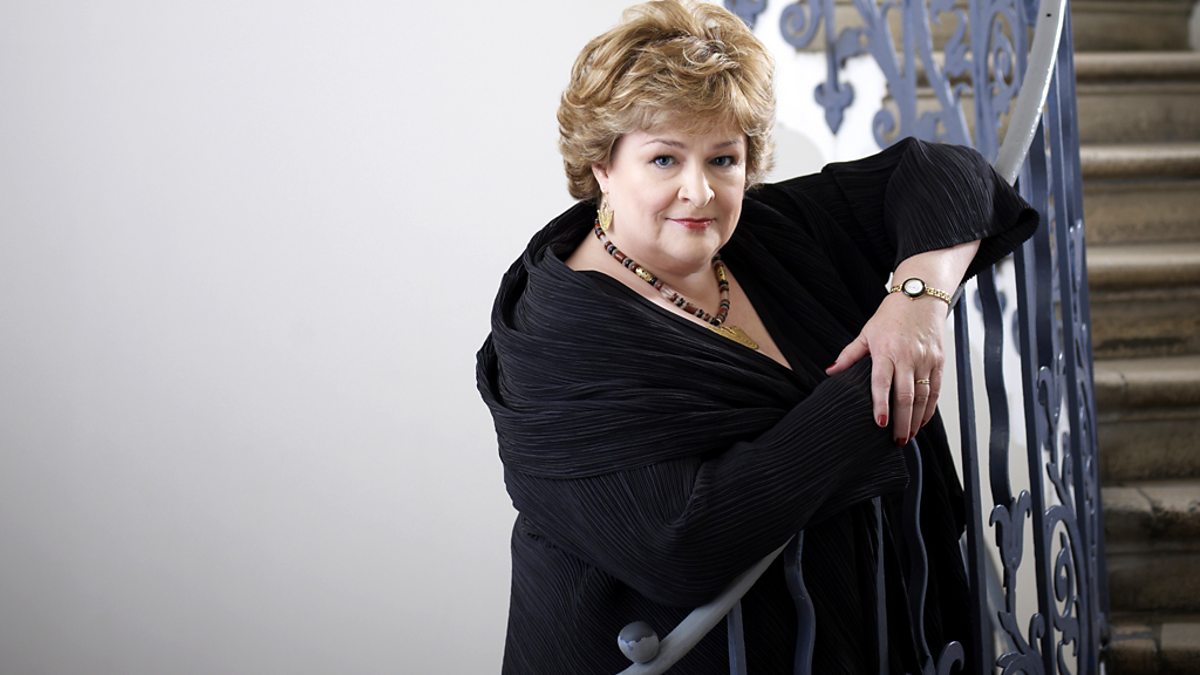Saturday
King Joao IV of Portugal (Repeat)
Catherine Bott talks to Owen Rees about the musical legacy of King Joao IV of Portugal and the so-called Golden Age of Portuguese polyphony
I very much enjoyed this when it was first broadcast.
Sunday
From the early years of Renaissance, composers portrayed subjects from Greek mythology. These stories provided particular inspiration as the new operatic genre took hold in the early 17th century. The 18th century saw the philosophical revolution of the Enlightenment spread throughout Europe and accompanied by a certain reaction against Greek myth, there was a tendency to insist on the scientific and philosophical achievements of Ancient Greece. The myths, however, continued to provide an important source of raw material for dramatists and composers. Lucie Skeaping introduces a diverse selection of early music inspired by these Greek myths, including works by Monteverdi, Handel, Purcell, Cavalli, Rameau and Gluck
It does start with Orfeo but the rest looks very good.
King Joao IV of Portugal (Repeat)
Catherine Bott talks to Owen Rees about the musical legacy of King Joao IV of Portugal and the so-called Golden Age of Portuguese polyphony
I very much enjoyed this when it was first broadcast.
Sunday
From the early years of Renaissance, composers portrayed subjects from Greek mythology. These stories provided particular inspiration as the new operatic genre took hold in the early 17th century. The 18th century saw the philosophical revolution of the Enlightenment spread throughout Europe and accompanied by a certain reaction against Greek myth, there was a tendency to insist on the scientific and philosophical achievements of Ancient Greece. The myths, however, continued to provide an important source of raw material for dramatists and composers. Lucie Skeaping introduces a diverse selection of early music inspired by these Greek myths, including works by Monteverdi, Handel, Purcell, Cavalli, Rameau and Gluck
It does start with Orfeo but the rest looks very good.



Comment